Decided on June 12, 1967, Loving v. Virginia, a landmark civil rights decision by the U.S. Supreme Court, invalidated laws prohibiting interracial marriage. The case centered on Richard Loving, a white man, and Mildred Jeter, a Black woman, who married in Washington, D.C., and then returned to Virginia, where interracial marriage was illegal. Arrested and sentenced to a year in prison, the Lovings were given a suspended sentence on the condition they leave Virginia.
The Lovings challenged their conviction, ultimately reaching the Supreme Court. The Court, in a unanimous decision, ruled that Virginia's anti-miscegenation laws violated the Equal Protection and Due Process Clauses of the Fourteenth Amendment. Chief Justice Earl Warren wrote the opinion, asserting that marriage is a fundamental right, and the state's law had no legitimate purpose "independent of invidious racial discrimination."
Loving v. Virginia was a significant victory for the Civil Rights Movement, ensuring that marriage could not be restricted by racial boundaries and affirming the principle of equality under the law.
The Joy Trip Project celebrates the enduring legacy of Black American History. The Unhidden Minute is part of the Unhidden Podcast Project supported through a National Geographic Explorer Grant from the National Geographic Society, with the cooperation of the National Park Service. This series elevates the untold stories of Black American historical figures, events and cultural contributions.
#unhiddenblackhistory #NationalParkService #yourparkstory #NationalGeographic #unhiddenminute






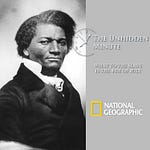
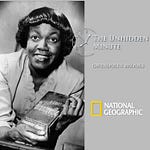



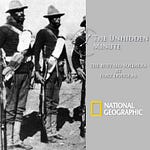
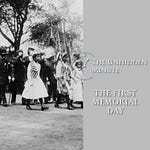
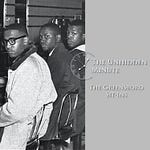
Share this post